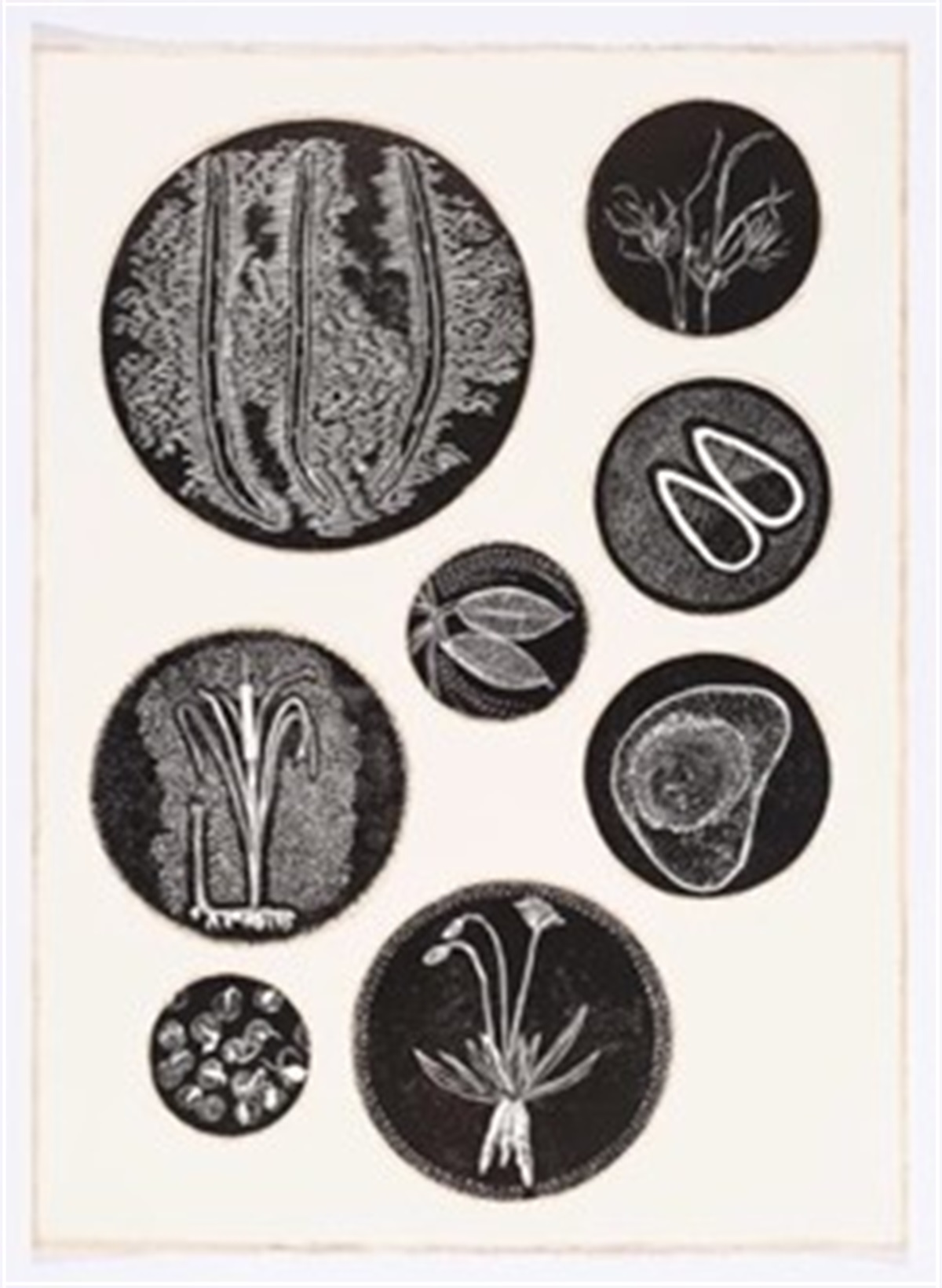For the first time in Australia, Monash University researchers have analysed national dispensing data to assess the impact ‘modulator therapy’ has had on Australians living with cystic fibrosis.
In the context of cystic fibrosis, a modulator is a group of medicines intended to correct the function of the cystic fibrosis transmembrane conductance regulator (CFTR) protein by targeting the underlying cause of the disease.
In this study, conducted by the Centre for Medicine Use and Safety (CMUS) within the Monash Institute of Pharmaceutical Sciences, the team found those using a modulator had less opioid and psychotropic medicines dispensed compared to those not using a modulator.
The researchers used a 10 per cent sample of Australian Pharmaceutical Benefits Scheme (PBS) data between 2013 and 2022. The data showed that after 7.5 years, patients using a modulator had decreased opioid use compared to their pre-modulator period, and use of psychotropic medicines remained stable (while those not on a modulator had an increase in psychotropics dispensing’s).
Not only do CFTR modulators improve or slow decline in respiratory function and reduce hospital admissions, but ongoing research demonstrates non-pulmonary improvements such as improved nutritional status and control of cystic fibrosis related-diabetes.
In 2014 the first CFTR modulator became available through the PBS, with several options now available to the majority of the approximately 3,500 Australians living with cystic fibrosis.
CMUS PhD candidate and Experiential Development and Graduate Education (EDGE) Senior Lecturer (Practice), Louise Lord, said studies specifically investigating the impact of modulators on other medication use are rare.
“This is the first real-world analysis of Australian pharmaceutical dispensing data in people living with cystic fibrosis initiated on a CFTR modulator,” Ms Lord said.
“The study has highlighted previously unrecognised changes in medication dispensing’s outside the usual focus of antimicrobial, mucolytic and insulin therapies and identified novel findings of decreased opioid and psychotropic dispensing’s in those initiated on a modulator.”
Dr Jenni Ilomaki, a CMUS Senior Lecturer and senior author of the study said: “These findings are important because by improving our understanding of how medication use has altered after modulator initiation, it may also provide opportunities to further optimise treatment regimens and decrease burden.”
The study is published in the journal Pulmonary Pharmacology and Therapeutics.
Other authors include CMUS PhD candidate Miriam Leung, CMUS Research Fellow Dr Jed Morton and Adjunct Clinical Professor Mark Hew from Monash University’s School of Public Health and Preventive Medicine.








